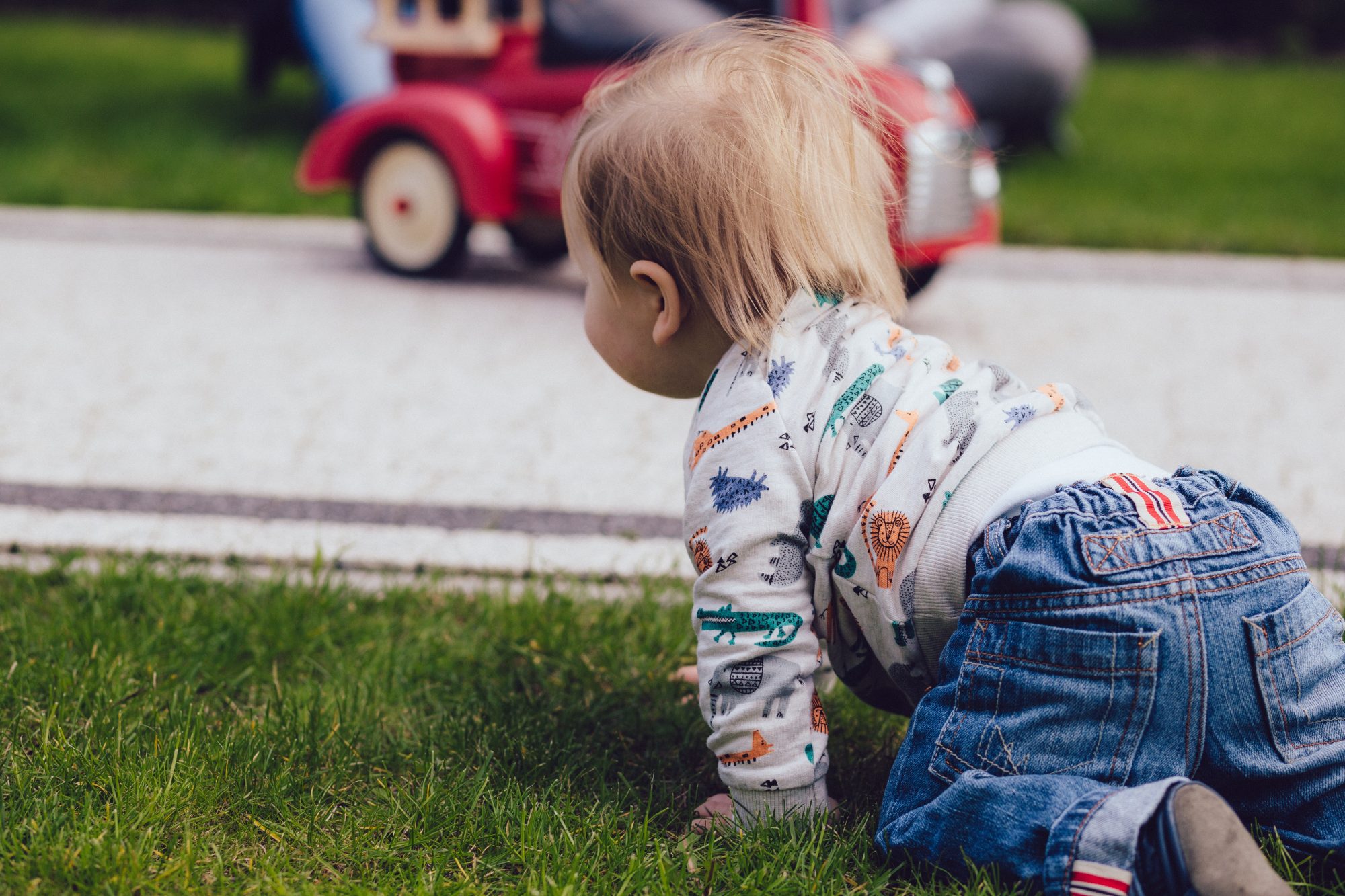Signs that show you are not a mature parent
It is said, ‘Children are raw clay, they can be molded into whatever shape you want.’ The community and school environment also play a role in shaping the nature of children. However, the main contribution in this is made by the parents.
Growing up with emotionally immature parents has a profound impact on the development of a child. Because, how parents express their feelings has an impact on the emotional health and quality of the child.
Even if emotionally immature parents do not intentionally harm the child, their behavior can cause confusion, insecurity, and a lack of emotional support in the child.
Understanding the signs of emotional immaturity in parents is the first step to identifying and improving weaknesses in parenting.
1. Difficulty expressing and managing emotions
The biggest sign is that parents do not know how to express their emotions. Even when small things come up, instead of finding solutions, they get involved in arguments. Instead of dealing with the problem calmly, anger and impulses are a sign of immaturity. Such behavior brings disharmony in the child. Who wants to be like their parents.
Children raised in such an environment may not know how to express their emotions properly and may not be able to cope with them. Indirectly, they may also have the same qualities as their parents. Which can later cause anxiety and an experience that makes it difficult to sustain relationships.
Those who are themselves involved in emotional matters. How can they teach their children the right way to deal with emotions emotionally? This can later become a challenge for the child in the future.
2. Self-centered behavior
Emotionally immature parents often show self-centered behavior, giving priority to their own needs and desires over those of their children.
Such parents are more concerned with their own happiness, success or social life, and pay less attention to the child's emotional well-being.
For example, they interrupt, interrupt, or ignore the child's feelings while focusing on their own problems. This self-centered behavior leaves little room for the child’s needs, which makes the child feel less valuable or invisible.
As a result, children of such parents grow up believing that their feelings and experiences are not as important as those of others, which can lead to low self-esteem.
In addition, self-centered parents may expect their children to meet their emotional needs, which disrupts the normal parent-child relationship. This adds an unhealthy emotional burden to the child. Not only that, such behavior forces them to take on more responsibility than their age.
3. Lack of empathy
Another sign is the parent’s inability to show empathy or feel empathy for the child. Such parents find it difficult to put themselves in the child’s shoes. And, they ignore or underestimate the child’s feelings and wishes.
For example, if the child is hurt or sad and is expressing a problem, the parent may say things like, “It will get better gradually” or “We will be there.” If you don’t listen, say more negative things, and show no empathy, children will stop expressing their feelings.
Empathy is an important part of a healthy emotional relationship. And, when it is lacking, an emotional gap is created between parent and child. Over time, children learn to suppress or hide their feelings in order to avoid criticism or rejection.
Children need to feel accepted and understood for their feelings, but emotionally immature parents are unable to provide this. Without empathy, such parents fail to understand the child’s emotional needs. This leads to emotional neglect, where the child’s feelings are repeatedly ignored.
The long-term effects of this neglect can lead to difficulty forming deep relationships and difficulty opening up emotionally.
4. Unstable Parenting
Another characteristic of emotionally immature parents is unstable parenting. Their moods and emotional states determine their responses, which creates an uncertain environment for children. Sometimes they are loving and supportive, but other times they are distant or overly critical. This instability makes children uncertain about how their parents will react in any given situation.
This lack of stability makes it difficult for children to feel secure. When they don’t know what to expect from their parents, they may become anxious or overly cautious, always trying to guess their parents’ moods.
This uncertainty also makes it difficult for children to set boundaries, because they don’t know when their parents will be available or emotionally stable. This type of parenting also interferes with discipline. Such parents may be too strict at times and too lenient at times, which can leave the child confused about what behavior is expected of them.
This instability makes it difficult for children to develop a clear sense of right and wrong.
5. Blaming others for their problems
Emotionally immature parents find it difficult to take responsibility for their mistakes. Instead of accepting their own mistakes, they blame others or sometimes even the child.
For example, they may say, “If you hadn’t done that, I wouldn’t be so angry.” This makes the child responsible for the parent’s feelings. This blaming behavior creates an unhealthy environment, where the child feels responsible for the parent's emotional state.
Over time, the child internalizes this blame. They begin to feel guilty for the parent's pain or anger. It brings up feelings of guilt and shame when the child has done nothing wrong.
By blaming others for their problems, such parents fail to set an example of responsibility. Instead of teaching the child to accept their mistakes, they encourage the habit of running away and avoiding responsibility, which hinders the child's emotional development.
6. Weak boundaries between the child and the parent
Emotionally immature parents have a hard time maintaining healthy boundaries. They blur the lines between the parent and the child. They share too much personal information or expect emotional support from the child.
Sometimes they are too intrusive, not respecting the child's need for privacy and independence. On the other hand, they can also create emotional distance by imposing strict boundaries, which makes the child feel isolated.
Children of parents with weak boundaries are confused about their roles. They may be asked to take on responsibilities that are inappropriate for their age, such as being the parent’s confidant, or they may feel emotionally distant, unable to form close, trusting relationships with their parents.
Healthy boundaries are essential for emotional health, and children need to learn how to set and respect boundaries in relationships. When parents fail to set this example, children may have boundary issues in their future relationships, making it difficult for them to manage intimacy and trust.
7. Fear of Intimacy and Vulnerability
Emotionally immature parents have a deep fear of intimacy and vulnerability. They keep emotional conversations superficial, avoiding deep emotional discussions.
When faced with intense emotions, they withdraw or deflect, which makes the child feel emotionally distant and disconnected.
This fear of vulnerability creates an emotional barrier between parent and child. A child who grows up with an emotionally unavailable parent will have difficulty forming deep, trusting relationships as an adult.
These parents avoid discussing their feelings, which makes it difficult for children to learn to express vulnerability in a healthy way. Instead of setting an example of open communication, they hide their feelings, which reinforces the idea that feelings should be avoided rather than acknowledged.






